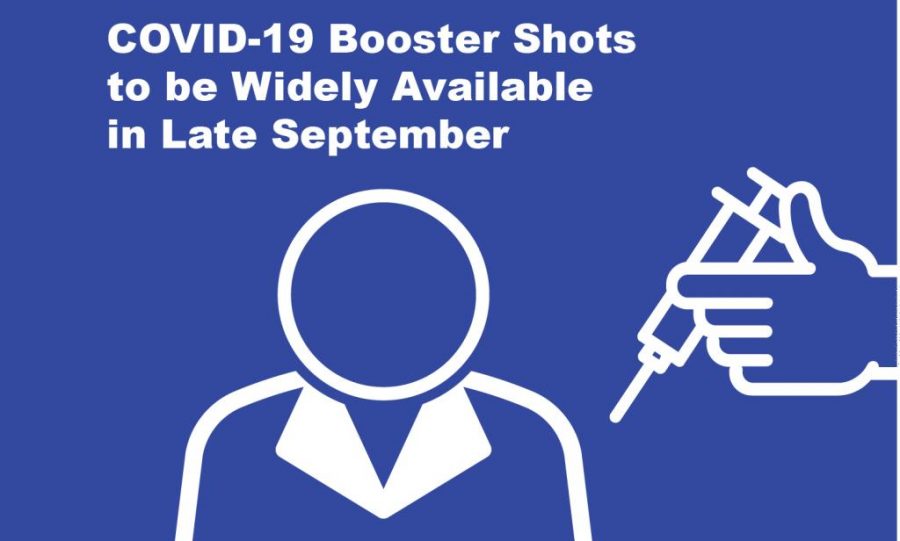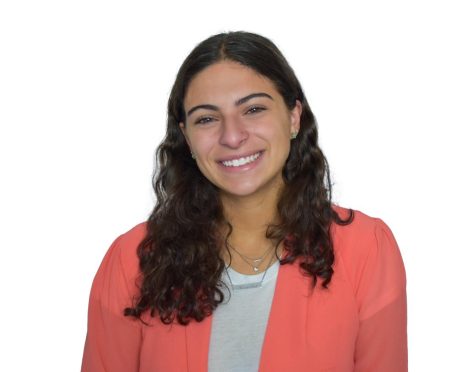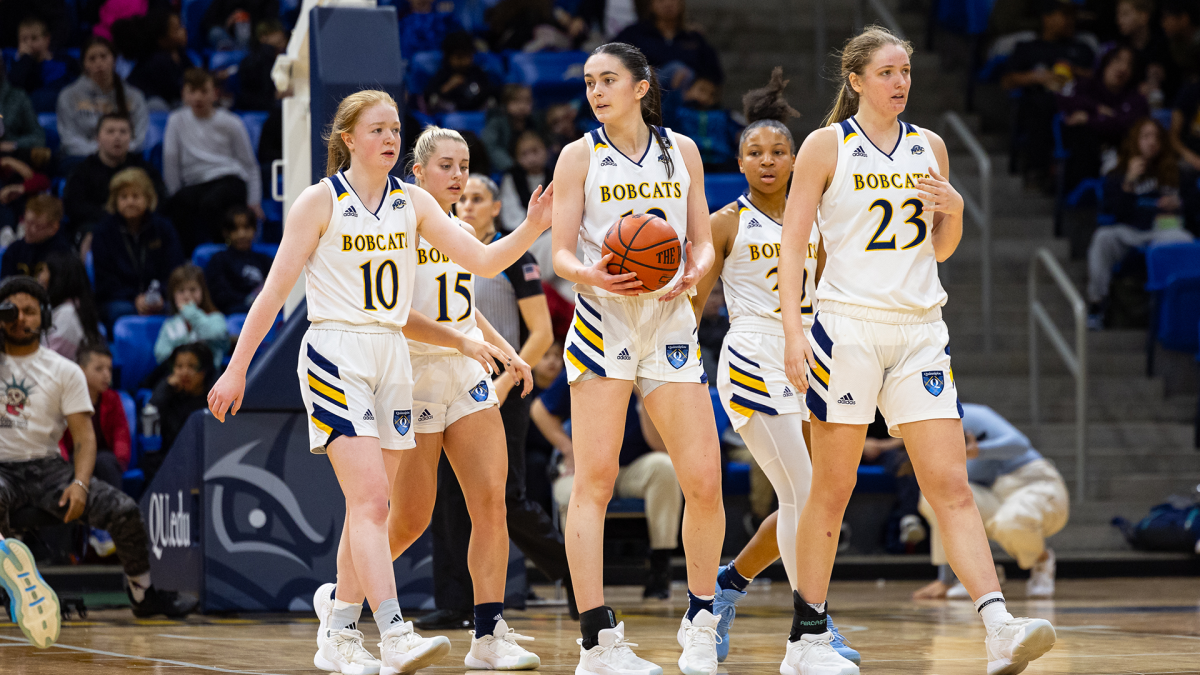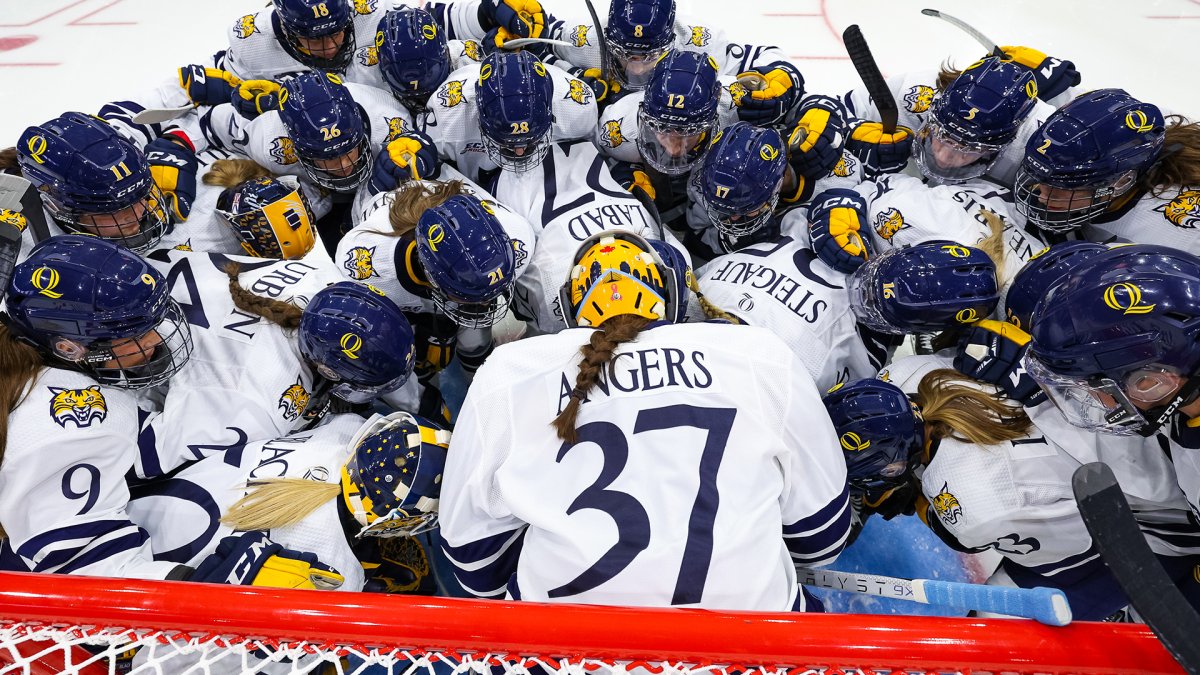COVID-19 booster shots to be widely available in late September
September 5, 2021
U.S. health officials announced their plans on Aug. 18, to give out booster shots of the COVID-19 vaccine beginning as early as the week of Sept. 20 after the recent rise in cases, hospitalizations and deaths across the U.S.
According to the Center for Disease Control and Prevention (CDC), the U.S. records an average of 142,006 new COVID-19 cases every day, with about 12,297 new hospitalizations per day and an average of 864 deaths per day.
The CDC states that the plan is for everyone to receive this booster shot eight months after their second dose of the Pfizer or Moderna vaccine. As for those who received the single-dose Johnson & Johnson vaccine, they will likely need another shot as well, however health officials are still waiting on more data to be sure.
Quinnipiac University professor of biomedical sciences Lisa Cuchara supports the booster shot and says she would recommend it to others as well, however she displays frustration over the shortage of people getting vaccinated in the U.S.
“I feel like we’re paying the price for the fact that we still have, right now in the U.S. we have 51% of Americans that are fully vaccinated and 61% that have gotten one shot, so if they had all done what they should have done we wouldn’t be in this predicament,” Cuchara said.
As of Aug. 23, 2021, Pfizer became the first COVID-19 vaccine to be approved by the The U.S. Food and Drug Administration (FDA).
Quinnipiac student Jonathan Sweeney was one of the first students to get the booster shot due to his underlying medical conditions, saying it was easier than getting the first or second dose.
“I did have symptoms,” Sweeney said. “Luckily, this time with my third shot it wasn’t anything crazy, I wasn’t physically ill for days, I just had the chills and I felt very tired. But it was so worth it compared to actually contracting the coronavirus.”
Sweeney believes the booster shot is very important in order to “keep yourself protected and others”. Many Quinnipiac students like second-year english and media studies major Paige Pezzella also say they are ready for their booster shot.
“I’ll get as many booster shots as possible, as long as we can end this as soon as possible,” Pezzella said. “I think that it’s a good thing that they’re pushing for booster shots to make sure that the vaccine stays with us and is still working”.
However, according to CDC scientist Dr. Sara Oliver, the data needed to judge the effectiveness of the COVID-19 booster shot for the general population is very limited.
Quinnipiac second-year physical therapy student Owen Kamuda also worries about the speed at which the vaccine boosters are being administered.
“I think that there’s definitely reason for concern based on the fact that they’re already ready to roll it out,” Kamuda said. “Where was the development stage? They just finished the roll out of the vaccine”.
As more data about the vaccine rolls out, the CDC’s main goal is to stay ahead of the virus for as long as they can. Cuchara justifies the booster shot by explaining our constant exposure to germs all year round.
“If you think about how you go about your day like all the germs that we’re exposed to in a normal day, a normal week and a normal year, we’re getting boosters all the time. We just don’t think about it that way,” Cuchara said. “Our immune system is fully equipped to be able to deal with seeing an antigen repeatedly and having those antibodies be circulating around.”
Kaleigh Thomas, a third-year occupational therapy student, puts her trust in the scientists and health officials studying COVID-19 and it’s spread.
“If we give them [students] the information and show them that science is always changing and that we just kinda have to trust the scientists who are working on this, then there’s no reason to be skeptical.” Thomas said.
Yet, Cuchara worries that by focusing on the distribution of booster shots, the large percentage of people left unvaccinated in developing countries may cause greater issues for the world.
“I feel as a country we have X number of resources and if we’re spending those resources getting people with their booster shot, I don’t want us to not have enough time and energy and money leftover to make sure that we still get that other 40-50% of America vaccinated because that’s, to me, more important,” Cuchara said.
President Joe Biden continues to push health officials for the distribution of these shots sooner rather than later with the rise in new COVID-19 cases each week. More information about the COVID-19 vaccine booster shots will be available in the upcoming weeks as Biden’s desired date for the shot distribution inches closer.









